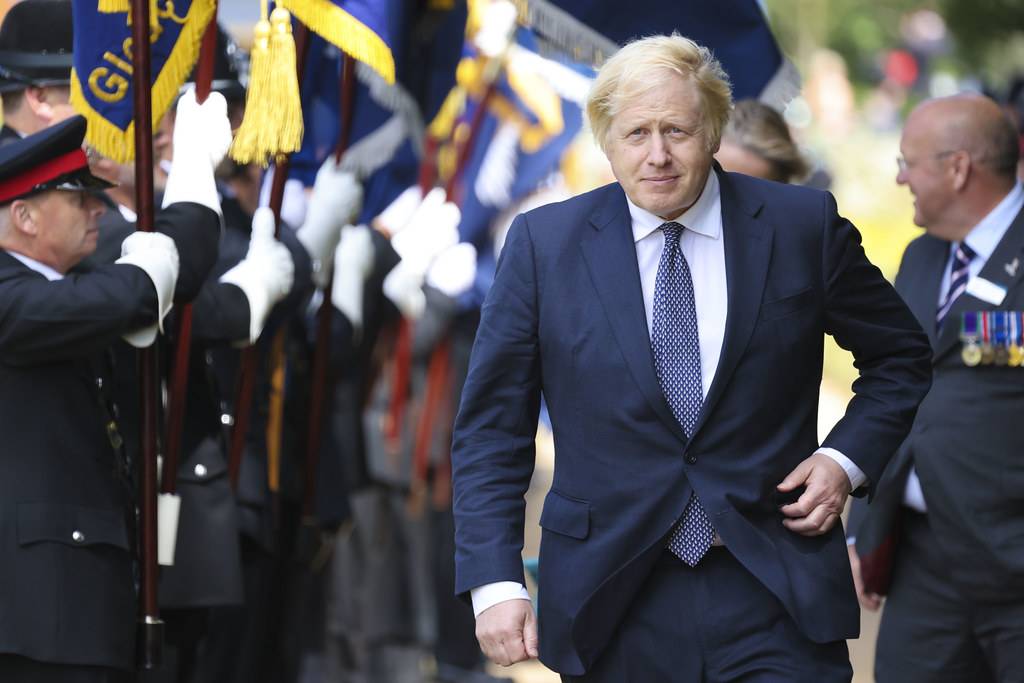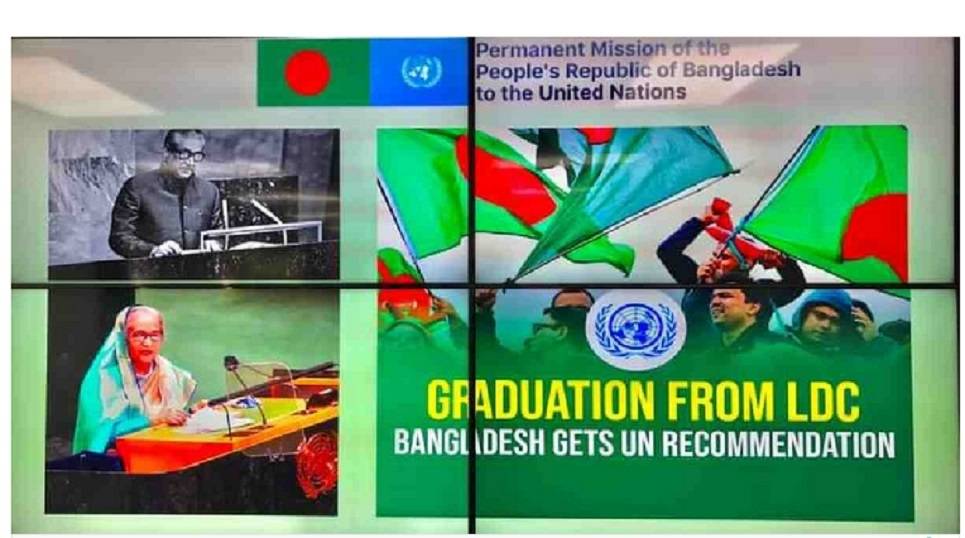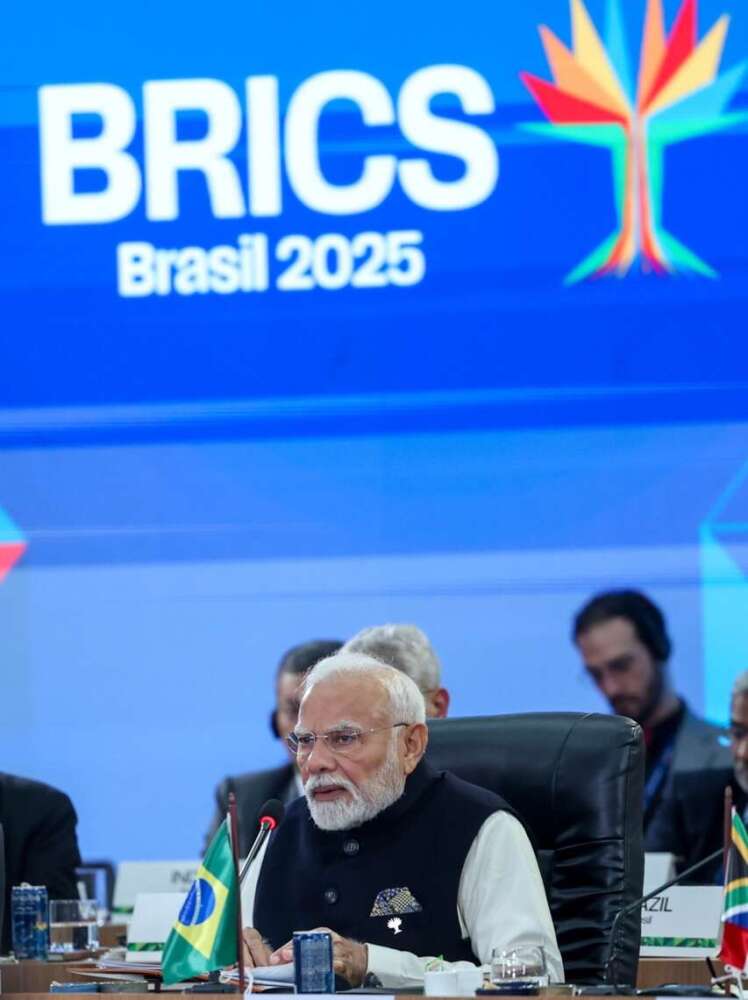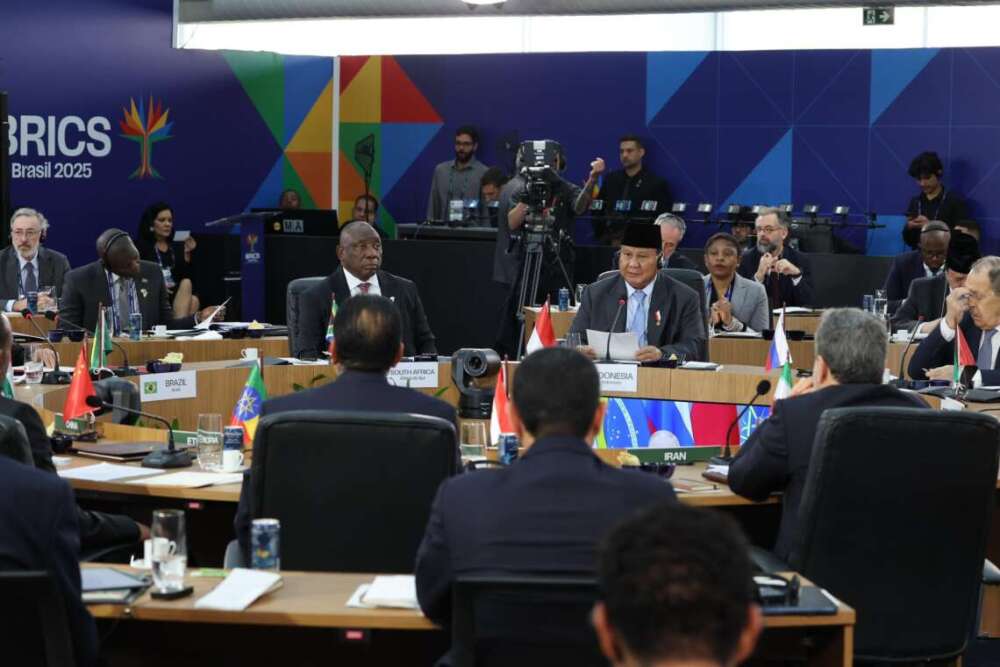The global community needs to listen to the voices and experiences of Afghan women and girls and urgently respond to their needs, especially survivors of violence …reports Asian Lite News
On the International Day for the Elimination of Violence against Women (EVAW), the United Nations in Afghanistan has called for concrete actions to end violence against women.
Gender-based violence continues to be a serious threat to women and girls and a major obstacle to achieving lasting sustainable development and peace. Referred to as a ‘shadow pandemic’, violence against women has been worsened by the Covid-19 pandemic and the humanitarian crisis.
Globally, one in three women have experienced physical or sexual violence, mostly by an intimate partner. Afghanistan has one of the highest rates of violence against women globally, with nine out of 10 women experiencing at least one form of intimate partner violence in their lifetime.
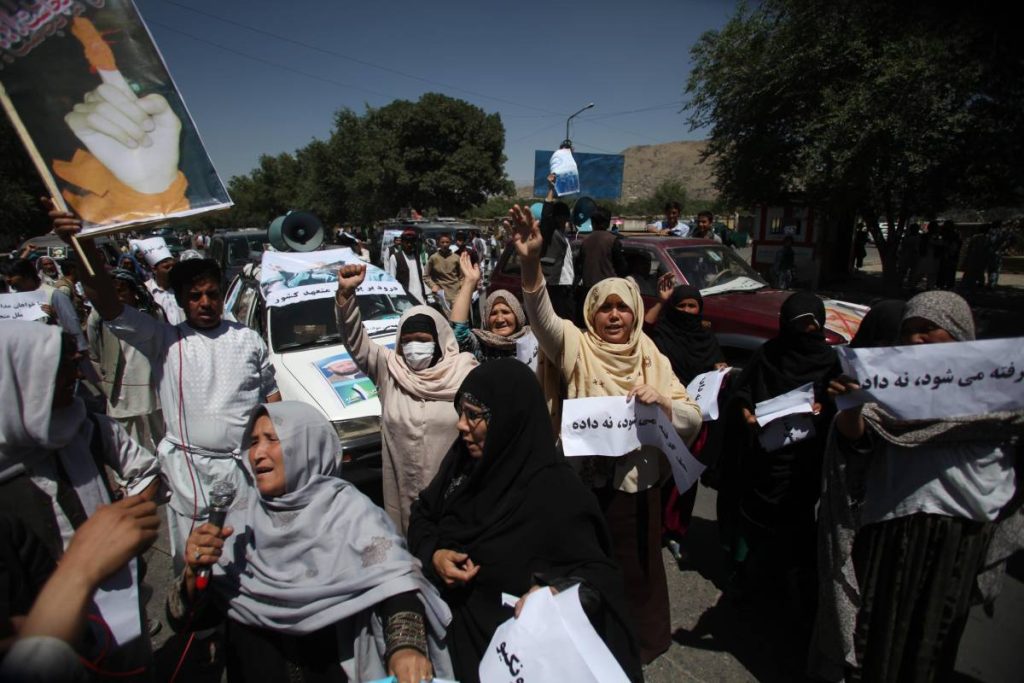
“We must act together to tackle this shadow pandemic. The violence should be prevented, we must change attitudes that shame survivors and support violence, we must support services for survivors,” said Deborah Lyons, Special Representative of the Secretary-General in Afghanistan.
The global community needs to listen to the voices and experiences of Afghan women and girls and urgently respond to their needs, especially survivors of violence and those who face multiple and intersecting forms of discrimination.
Violence against women and girls in Afghanistan has further increased due to restrictions in women and girls’ enjoyment of their rights and freedoms, particularly women’s right to work and their freedom of movement. While the need for services have increased, access to essential services for survivors of violence has been greatly impacted.
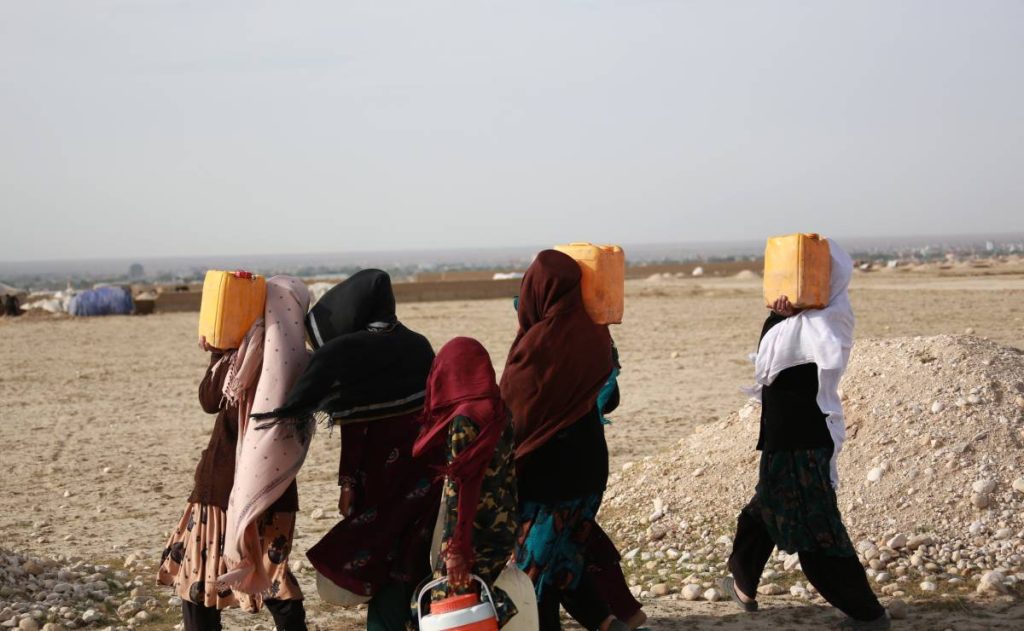
“The message we receive from our partners and women across the country is clear — violence against women that was already at alarming levels, has been exacerbated by both crisis and Covid-19. And yet, lifesaving services for women survivors of violence have closed on account of fear of being targeted,” said Alison Davidian, UN Women Country Representative in Afghanistan.
Women and girls living in fear holds back all past and current efforts for peace and sustainable development that is necessary for Afghanistan. “Violence at home affects everyone — women and girls, men and boys, families and communities, societies and economies, in Afghanistan and around the world. Gender-based violence has devastating impacts on women’s physical and mental health. It limits their potential to prosper and to lead free and equal lives. Now more than ever we need to respond to the needs of women and girls’ survivors of violence and ensure their unimpeded access to life saving services including shelter, health care and counselling. These services are life-saving,” added Alison Davidian.
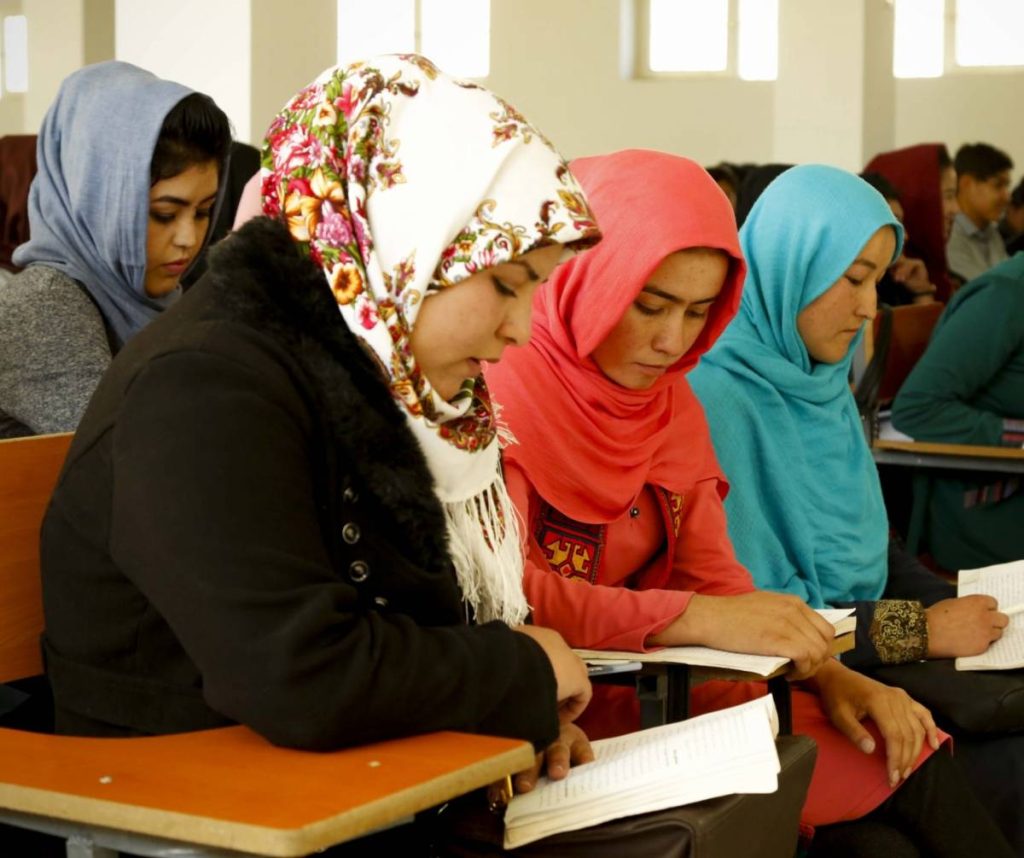
The UN in Afghanistan continues to respond to the needs of women and girl survivors of violence, to advocate for their rights and eliminate all forms of violence through direct support to service providers and women’s rights organisations, prevention and response programmes, and advocacy campaigns.
Powered by women’s rights grassroots organisations globally, the 16 Days of Activism against Gender-Based Violence is an international campaign that takes place each year. It commences on November 25, the International Day for the EVAW, and ends on December 10, Human Rights Day.






